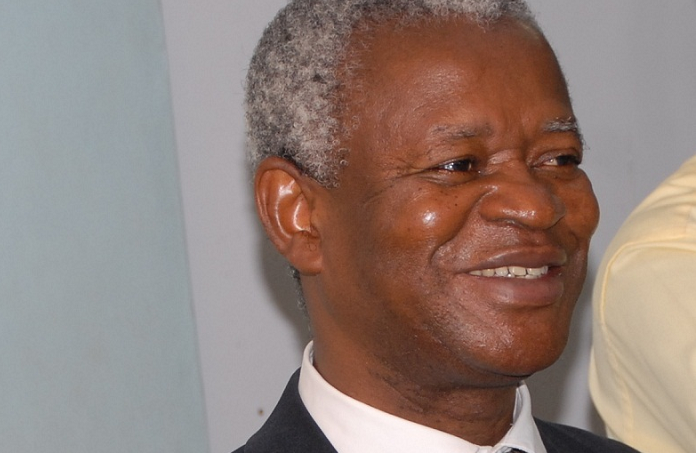
Mental Health Authority provides helpline for persons planning suicide
The Mental Health Authority has decided to establish a temporary helpline for persons contemplating suicide. The authority is, as well, in discussions with telecommunication companies for the establishment of permanent toll free numbers for the same purpose.
In an interview with the Daily Graphic in Accra yesterday, the Chief Executive Officer of the authority, Dr Akwasi Osei, said the helpline number, 0206814666, was a short-term measure in response to the current spate of suicide cases the country was experiencing.
He explained that those who committed suicide did so as a last resort and not because they wanted to die.
“Even though they are happy when their attempt fails, they are likely to do it again if they do not get the needed intervention,” he said.
The chief psychiatrist described the trend, particularly among students, as very worrisome and an indication that “we are not paying proper attention to mental health care in the country”.
Long-term measure
For an effective and long-term measure to deal with the problem, Dr Osei said there was the need to pass the Legislative Instrument which would ensure that funding came through a mental health levy.
This funding, he said, would improve mental health care by providing the resources needed for the purpose.
He said the authority was establishing workplace-based and school-based mental health programmes to provide education on mental health and how to detect the early warning signs.
Mental illness
Dr Osei said 95 per cent of attempted or completed suicide cases were as a result of mental illness.
He explained that 80 per cent out of this 95 per cent was due to depression, while 15 per cent was as a result of other mental illnesses, including bipolar disorder, schizophrenia, acute stress reaction, alcohol and drug abuse.
The other five per cent, he said, was due to decisions based on politics or religion, citing suicide bombings as an example and the decision of a person suffering from a chronic ailment such as cancer, HIV or diabetes for instance, to end it all.
Asked why the phenomenon seems to recur during certain periods, Dr Osei said it was because the conditions that brought them about persisted and also because of the “copycat” phenomenon.
He explained that some persons who were already contemplating suicide went ahead and did so when they heard or read that others had done same, thinking that “after all, I am not alone”.
Appeal to media
He, therefore, appealed to the media to be circumspect in reporting suicide cases, saying the report must not be too graphical and there should be a deliberate balance to ensure that the report did not become attractive to those contemplating suicide.
Another disturbing trend, according to Dr Osei, was that even though under normal circumstances four out of five victims of suicide were males with only one being female, the trend seemed to have changed, with females using more lethal methods such as hanging.
“Hitherto, females would employ methods such as slashing their wrists or taking drugs overdose. With such methods, the likelihood is that they were found and saved,” he said.
Too young for university
Dr Osei observed that many more students were going to tertiary institutions at a younger age when they had not developed coping mechanisms, hence they easily broke down with the stress of studies and other experiences on campus such as relationships.
He said there was, therefore, the need to strengthen the tutor-to-student ratio in order that early warning signs could be picked, and expand counselling and clinical psychological services in the country for the needed intervention.
The psychiatrist observed that the Ghanaian society had failed to establish mechanisms to replace the support which was offered by the extended family system, which helped to cushion during economic hardships and emotional crisis.
